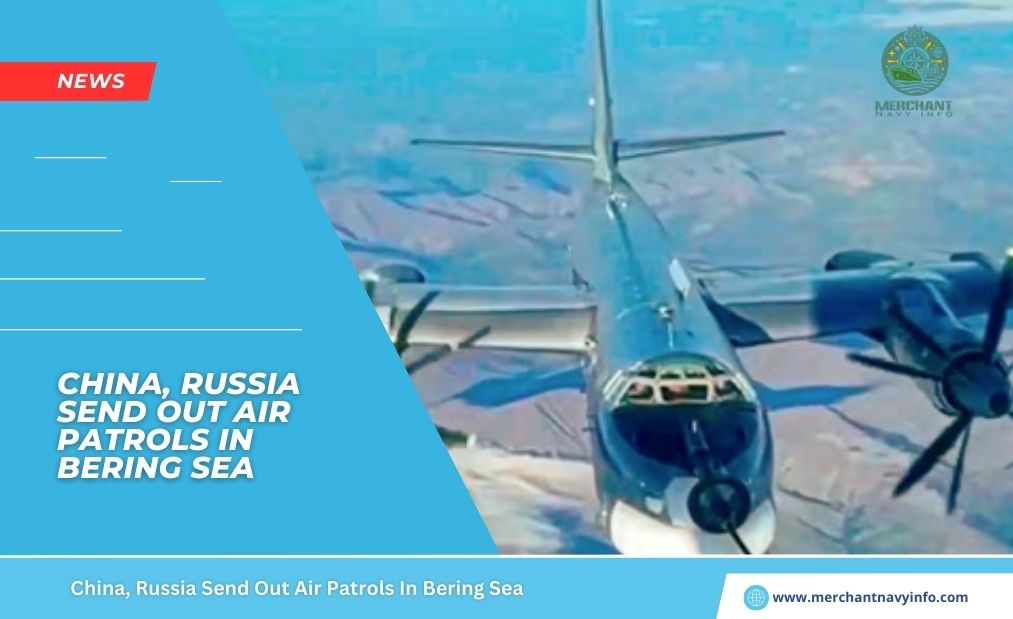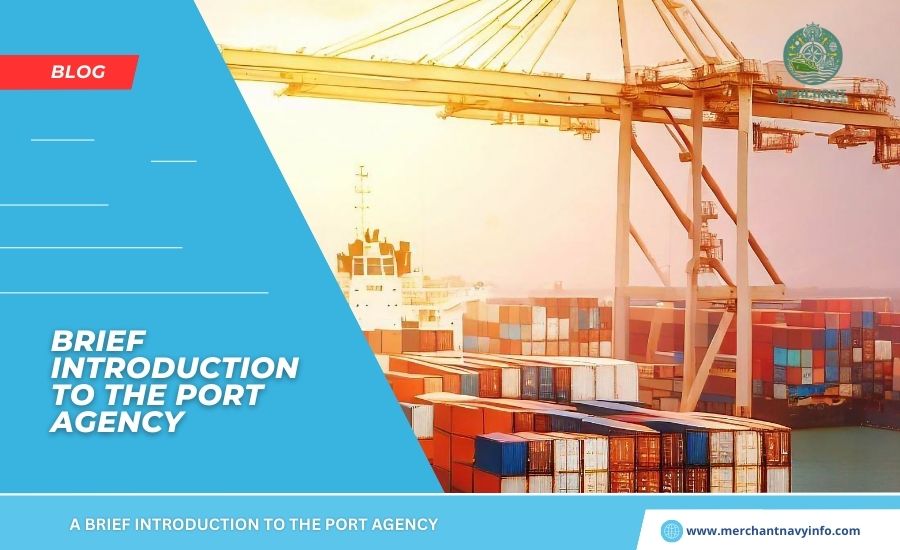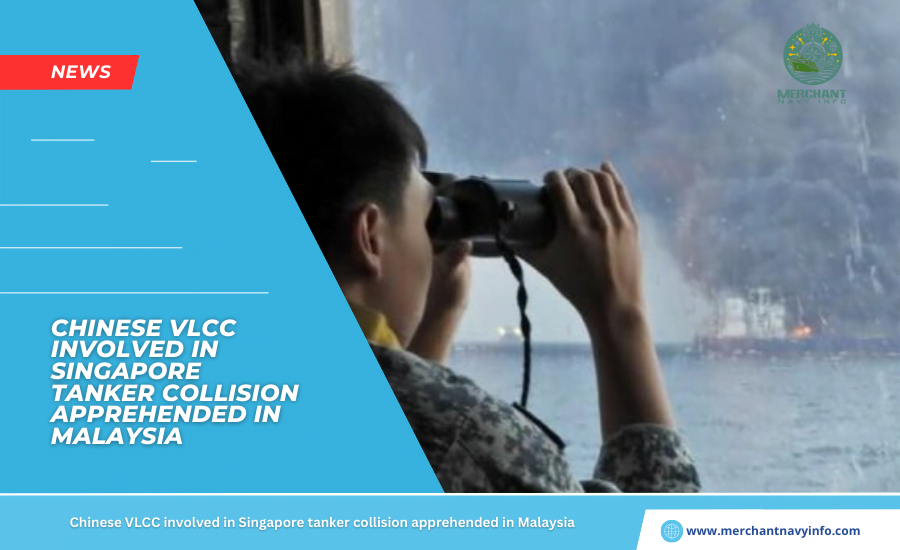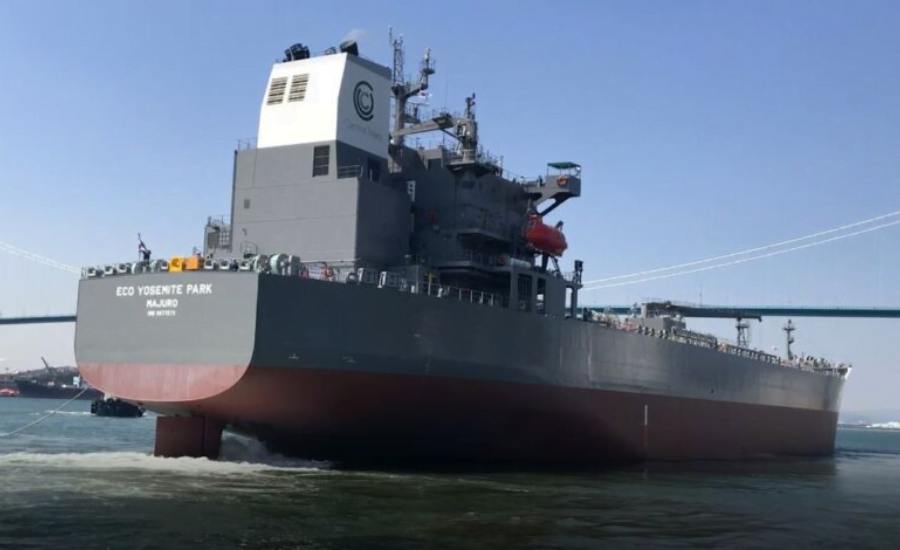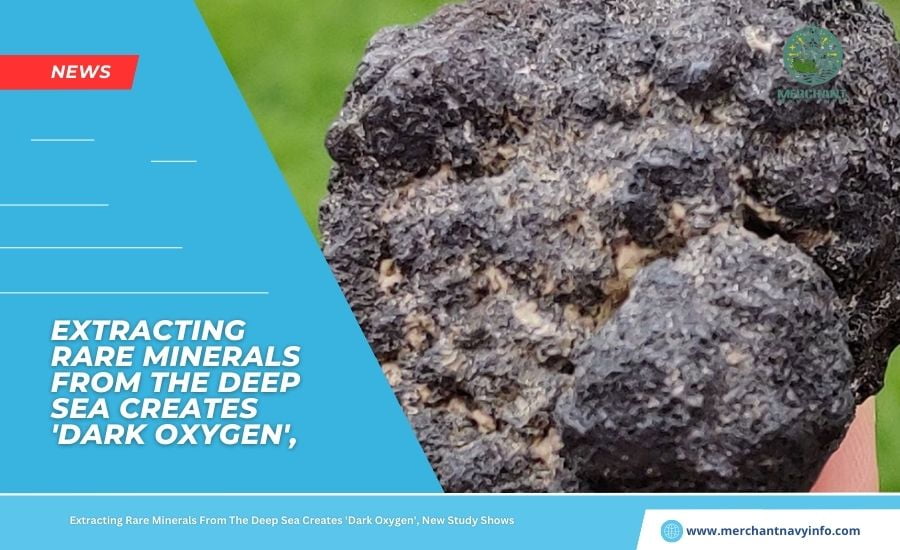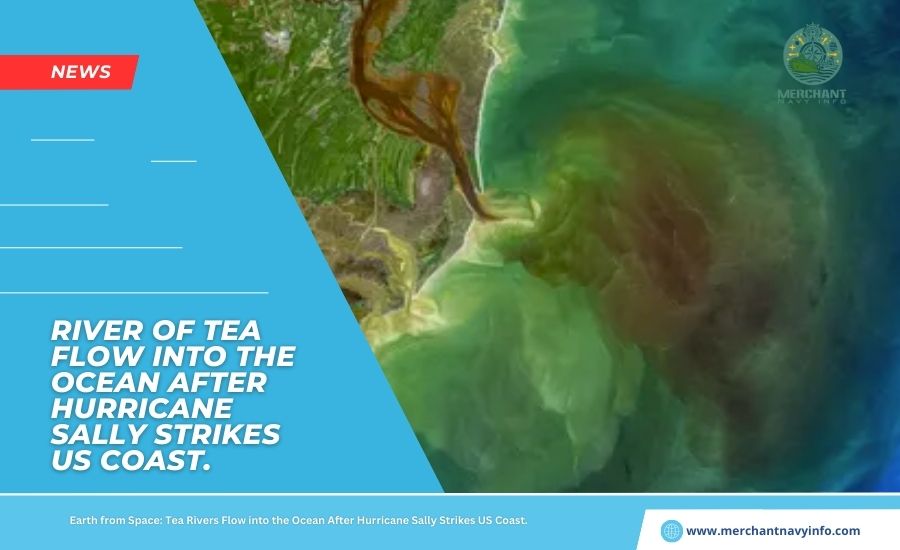
Noise pollution has become a huge issue in today’s world. The primary reason for this is vessels. There’s a vast network of vessels carrying out global trade. These vessels create noise pollution, which harms marine ecosystems. While there are other factors at play here, ships and other carrier vessels are the main culprits.
Now, you might be wondering how these vessels cause noise pollution in the first place. Well, that’s what this article is all about. Today, we’re going to learn all about how ships and other carrier vessels cause noise pollution in the first place. We’re also going to take a deep dive into all the effects of said noise pollution.
Understanding Shipping-generated Noise
There are a bunch of mechanisms in place within a ship. All of these mechanisms contribute, little by little, to the overall noise pollution caused. This noise pollution ends up disrupting the underwater acoustic environment. Which, in turn, ends up harming the marine ecosystems present in the oceans.
An example of mechanisms in a ship that causes noise is engine and propeller operations. These are probably the most noisy components a ship has. The constant creaking and groaning of the ship’s propellers causes a lot of noise pollution. Auxiliary systems such as pumps and cooling systems are also contributors to noise pollution.
The thing is, there’s already an acoustic environment present in the ocean. Marine life uses this to communicate with one another. Such as when dolphins call out to each other underwater. When the ship’s components work together to create that much noise, it disrupts this natural acoustic environment.
This results in the marine life not being able to communicate with each other. This can lead to entire schools of fish being separated from each other and so much more. If worst comes to worst, it could cause the collapse of a major ecosystem. We probably wouldn’t even realize it until it would be too late!
Engine And Propeller Noise
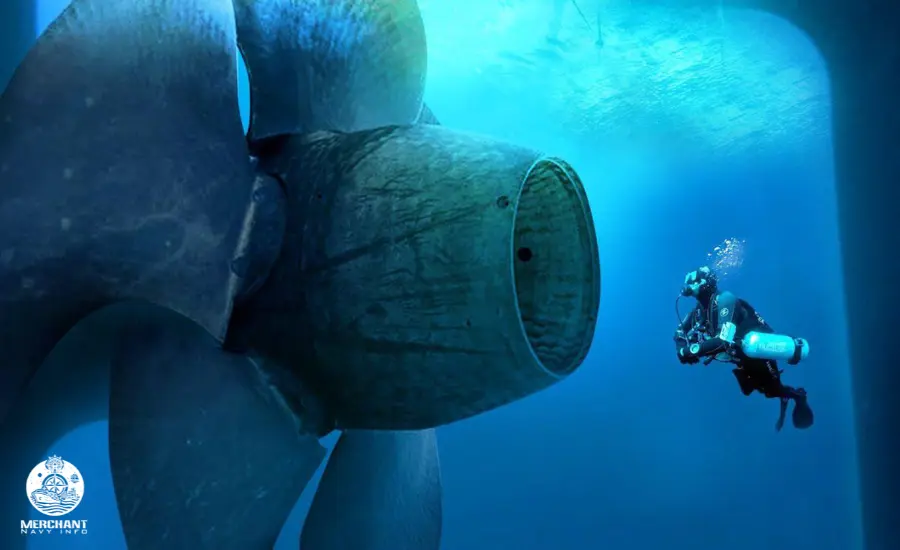
The propulsion systems present within a ship are often the largest contributors to noise pollution. These are easily the noisiest components present within a ship. An example of this is diesel engines. These are some of the most common propulsion systems present within maritime transportation.
The thing is, these diesel engines create a low-frequency sound wave. This sound wave can then go on to travel vast distances underwater. This results in a disruption in the acoustic environment of the ocean. Then there’s a phenomenon called propeller cavitation that we have to deal with as well.
This is when bubbles form and collapse around rotating propellers. This then emits a high-frequency sound that further adds to the disruption in the acoustic environment of the ocean. Together, both the diesel engine and propeller cavitation cause huge amounts of noise pollution. This can end up causing disruptions in marine life behavior.
Hull Interactions

If you thought a ship’s engine was noisy, wait till you learn about the hull. A ship’s hull generates almost the same amount of noise pollution as the ship’s engine. In essence, this noise is generated when the vessel moves. There’s a certain turbulence created by the ship’s hull resulting in what is known as “Flow Noise”.
The noise is produced by the turbulent motion of water around a ship’s hull. This “noise” then goes on to travel huge distances underwater. These distances don’t even have to be in the ship’s original shipping lane. As we’ve already mentioned, this noise then goes on to cause disruptions in marine life.
That isn’t even the end of it. There’s a constant banging and scraping of waves in the ocean against the ship’s structures. This creates yet another noise known as “impulsive noise”. This added to the “Flow Noise”, can severely impact the acoustic environment of the ocean. Plus, this is just one ship. Imagine what’s happening right now with thousands of ships sailing on the ocean as we speak!
Auxiliary Systems
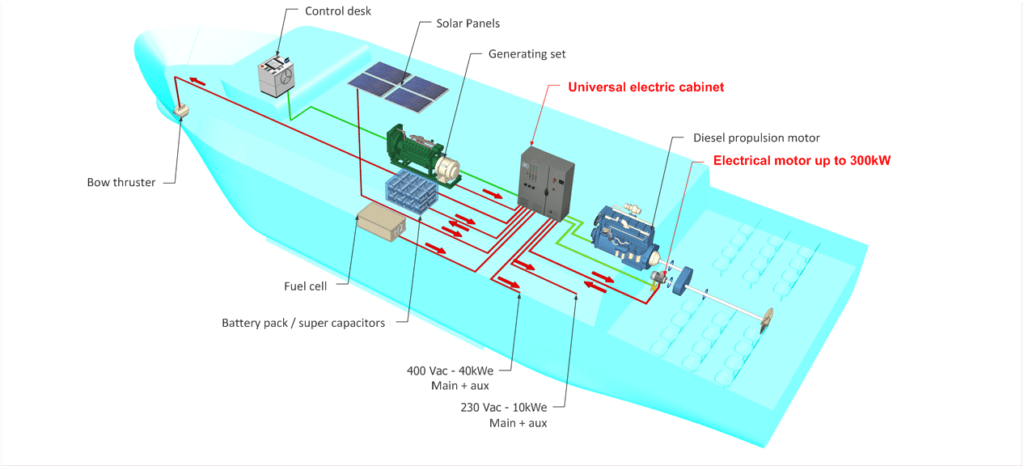
Surprise surprise, there’s yet another source of noise pollution caused by ships. Of course, I’m talking about the ship’s auxiliary systems. There are numerous components such as pumps, cooling systems, and so on, that are continuously carrying out operations on the ship. All of these factors contribute to the eventual noise that is produced.
Now, all of these components combined emit a bunch of different frequencies underwater. While they don’t completely disrupt the ocean’s acoustic environment, they still cause a fair bit of damage. See, they add complexity to the natural acoustic environment of the ocean. On its own, it’s really not that big of a deal.
However, there’s already so much noise pollution being caused by the ship’s engine and hull. So, when these new frequencies get added to the mix, nothing good arises. They end up amplifying the noise pollution levels already present in the ocean’s acoustic environment. Hence, they kind of act like the final nail in the ocean’s coffin.
Impact On Marine Life

For a lot of people, underwater noise pollution is nothing of concern. It kinda makes sense right? We live on the land, so marine life isn’t our biggest concern. However, the damage that’s being caused by this noise pollution is unimaginable. The worst part is that it’s affecting all types of marine life.
All marine life, ranging from plankton to whales, is being affected by this noise pollution. It disrupts their only route of communication. This ends up causing changes in their behavioral patterns. If this type of pollution isn’t curtailed soon, it could end up causing irreversible damage to ocean life.
Mammals like dolphins and whales are probably affected the most by this. That’s because they use sound to communicate with one another. The frequencies created by the ship’s noises can even end up causing them to be unable to locate prey. This is especially deadly since they won’t be able to detect predators either.
Smaller fish also depend on the acoustic environment of the ocean to be able to locate predators. They also use sound to carry on with their migration patterns. When noise pollution gets in the way of these biological processes, it could end up causing entire ecosystems to collapse in a matter of seconds.
We might not realize it, but this is a very serious problem. See, disrupted migratory patterns might not seem like a big deal. However, it can cause a lot of problems in food webs. This could end up severely impacting us. Think about it. If the entire marine ecosystem collapses, we literally won’t have any fish left to eat!
Regulatory Efforts And Mitigation Strategies

Now, it’s not all bad news. I mean, international agencies have begun to understand the threat to the ocean’s ecosystems. Thankfully, they’ve begun to work on ways to mitigate the damage caused by noise pollution. Institutions such as the International Maritime Organization have begun to put policies in place to help with noise pollution.
Another institution; MARPOL, has also been focusing its efforts on making sure that there is less noise pollution produced by ships. While these institutions are trying to do the right thing, it’s simply not enough. There needs to be a specific focus on trying to reduce underwater noise pollution, instead of treating it like a side project.
Still, it’s not like they haven’t realized where they’re at fault. The European Union’s marine strategy framework directive is a step in the right direction. They are actively trying to reduce the noise produced by ships. They are also focusing on changing the route that ships take, to try and avoid sensitive areas.
There are also changes in designs being introduced for ships. This will allow there to be a greater reduction in noise pollution with ease. Sound-absorbing materials can also be used on the ship’s body. This will allow it to produce less sound, hence having a positive effect on the ocean’s ecosystem.
Another important aspect of the changes they’ve been introducing is the fact that they are actively spreading awareness about underwater noise pollution. This allows them to bring in more potential investors which can help increase the speed at which changes to the way this industry operates can happen.
Outro

Well, there you have it folks. That was a breakdown of what underwater noise pollution is and what causes it. It’s important to have at least a basic understanding of issues such as these. That’s because while we can’t directly impact the industry, we can help spread even more awareness about the whole thing.
All in all, experts in the industry have understood what the situation is really like. It’s no longer about whether the situation is dire or not. Things have reached a point where it’s important to start working on mitigating the damage caused by noise pollution as much as possible.
As long as such entities continue to strive for a better future and for a better way of doing things, we’ll stay on the right track.


